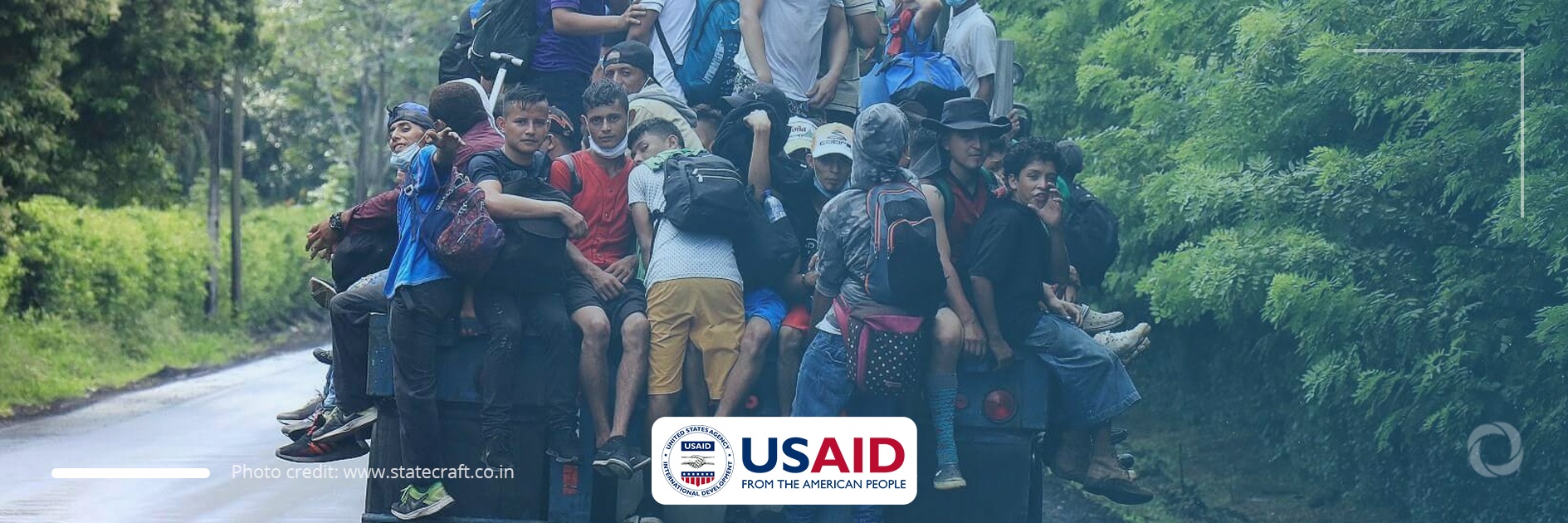The U.S. Agency for International Development (USAID) will channel US$24 million in aid to Honduras in an attempt to curb mass migration by addressing the most urgent needs of this poverty-stricken country. USAID head Samantha Power announced the aid during a recent trip to Central America.
The money is expected to support programs that will boost security, good governance, and economic growth in Honduras. It will add to the over US$0.5 billion in assistance the U.S. provided to Honduras between 2016 and 2020.
Expanding upon the decision, Samantha Power commented that the US$24 million would be invested “to increase employment opportunities for young people at risk of migration” and she emphasized that “this money will help to bolster trust in electoral processes and anti-corruption programs, and to enhance the confidence of people that they have a future in Honduras.”
Power also specified that the allocated resources would help to strengthen the agricultural sector to make it more competitive and hence reduce poverty.
During her visit, Samantha Power met representatives of both the Honduran government and civil society to assess the extent of the country’s needs.
Samantha Power’s trip has been largely viewed as a reaction to the record high migration rates from Central America to the U.S. southern border. Between 2012 and 2019 the number of families migrating from Honduras to the U.S. surged from 513 to 188,368. Although as yet there are no statistics available for the level of Honduran migrants in 2020-2021, nevertheless the number of Central Americans who reached the U.S. border in May 2021 alone amounted to 180,034 – a figure that speaks for itself.
The main reasons for migration are violence, extreme poverty, and natural disasters. According to the National Autonomous University of Honduras, about 70% of people lived in poverty in 2020, a rise of 59.3% from 2019, and the situation was worsened further as the country’s GDP fell by 8%. In 2017, Honduras was among the top four countries experiencing the most cases of homicide and the country continues to face a wave of violence linked to drug trafficking groups and gangs.

